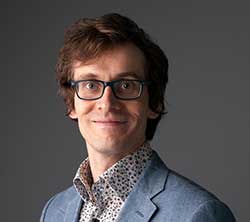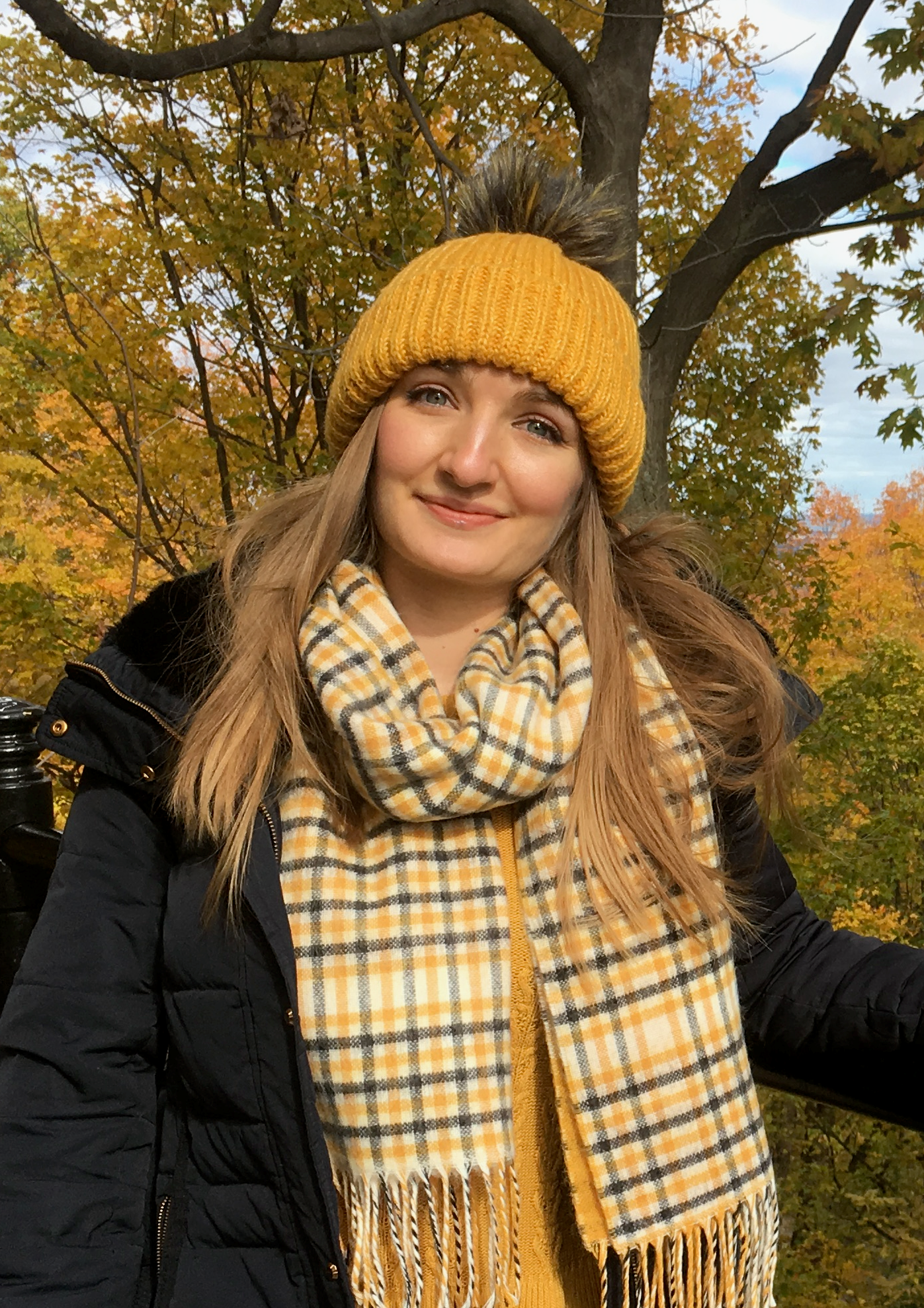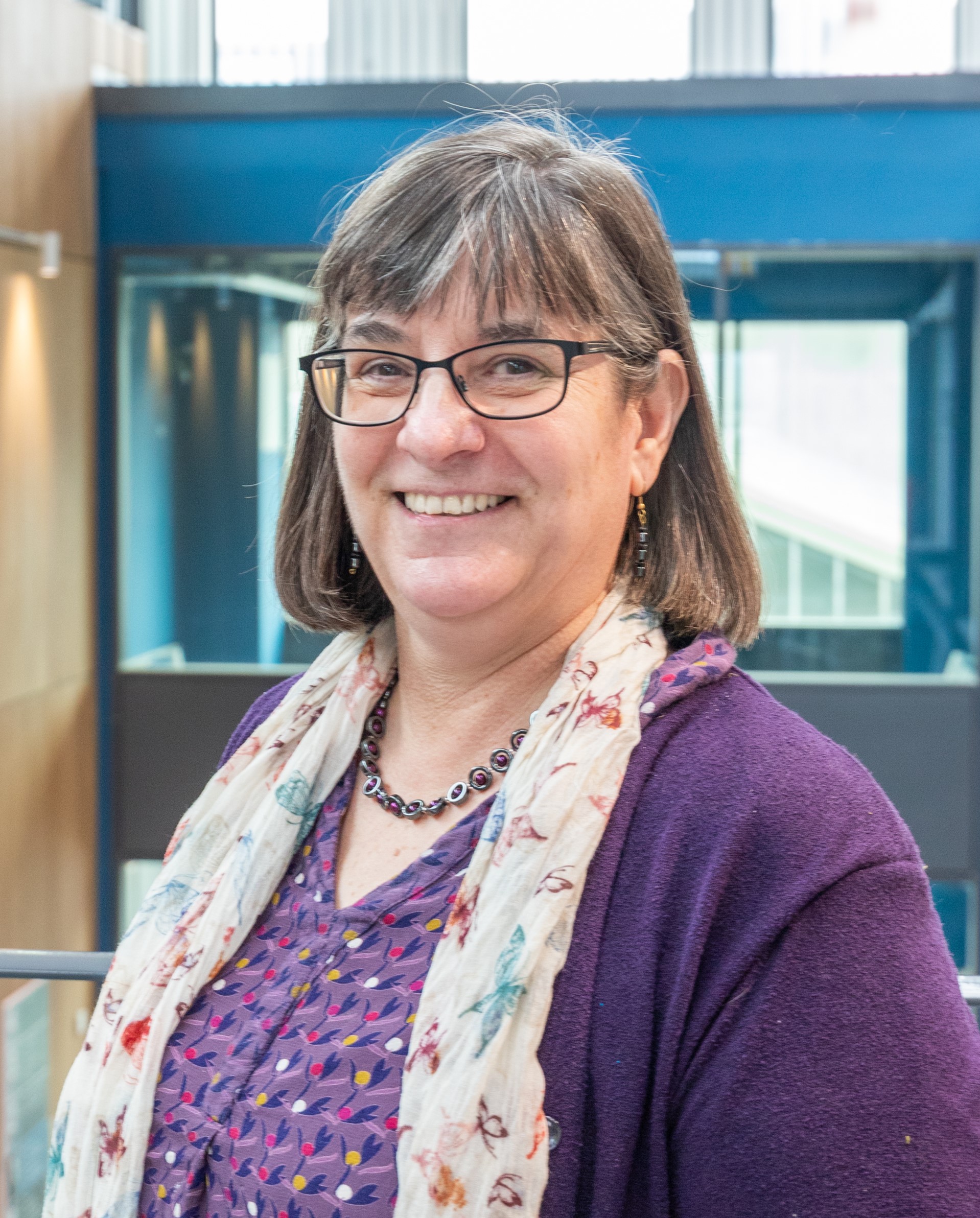The Holgate Lectures and Workshops sessions scheme provides session leaders who are willing to give a talk or run a workshop on a mathematical subject to groups of students or teachers. The sessions are of mathematical content and are not, for example, careers talks. Rather they are intended to enrich and enhance mathematical education, looking both within and beyond the curriculum. Holgate session leaders do not charge a fee for giving talks, but local organisers are expected to pay travel expenses and subsistence costs, together with any local costs of organising the session. The LMS will pay an annual honorarium to the session leaders.
The scheme is named in memory of Philip Holgate, who helped ensure the success of the LMS Popular Lectures.
The Education Committee has chosen the below individuals to act as session leaders. The profiles below show their background and mathematical interests and provides contact details for anyone interested in organising a Holgate Session. The talks provided below are firmly intended as indicative and not comprehensive. Session Leaders will work with local hosts to develop and adapt sessions to the needs of the audience. The LMS strongly encourages schools hosting a Holgate session to consider collaborating with other local schools.
In the interest of maximising the number of schools able to benefit from the Holgate Scheme, schools are asked not to arrange more than one session per academic year, and not to contact multiple lecturers for the same event.
Local hosts of a Holgate Session will be asked by the Society to complete a brief questionnaire about the session that will allow the Society to gather some feedback and develop the scheme.
Those interested in hosting a Holgate Session should contact the Session Leader directly by e-mail to discuss content and how the Session Leader can best work with hosts.
It is the responsibility of schools and colleges to follow safeguarding guidelines for children and young people under the age of 18 in their care. Government statutory guidance on safeguarding in education can be found here.
HOLGATE SESSION LEADERS
| RICHARD ELWES | NIKI KALAYDHIEVA | JENNY SHARP |
RICHARD ELWES (BASED IN LEEDS) - CV
 Contact: r.h.elwes@leeds.ac.uk
Contact: r.h.elwes@leeds.ac.uk
Website: www.richardelwes.co.uk
Mathematical Interests: I teach maths at University of Leeds, mainly concentrating on pure and computational topics. In the past, I worked as a full-time popular science writer, writing 5 books on the subject for non-expert readers. As a result, I have broad interests in mathematics and its applications, as well as a longstanding curiosity about the history of our subject. I still enjoy writing about mathematics, including on my own website Simple City.
My PhD and research background are in an abstract branch of logic called Model Theory, which investigates familiar mathematical structures by comparison with more exotic objects (“non-standard models”) which follow similar – but subtly different – rules. However, recently I have been focussing on trying to predict the evolution of simple random processes, including the architecture of random networks, and generally attempting to find order in unpredictable situations. For instance, with some friends I undertook a rigorous study of a simple model of racial segregation invented by the economist Thomas Schelling. Demonstrating the deep and often unexpected interconnectedness of science, this process turns out to have unexpected similarity to models of magnetism studied by statistical physicists. I wrote a gentle introduction to it here.
Example Sessions: Depending on the time available, and the size and ages of the group, I am happy either to lead interactive workshops or to deliver accessible lectures. Here are some of the sessions I do regularly:
- Knot Maths! Workshop (1-2 hours) for Key Stages 3 and 4, covering several topics from the deep and fascinating theory of knots.
- Untangling Knot Theory. Similar to the above, but more algebraically sophisticated. Suitable for Maths A-level students (or above).
- Strategies of Simple Games. Workshop (1-2 hours) on game theory and mathematical strategy, using some deceptively simple two player games based on Nim. Suitable for Key Stage 3 or older.
- Unpicking Pick’s Theorem. Workshop (1½-2 hours) for Key Stages 4 and 5, discovering & proving some beautiful geometric facts about shapes drawn from straight lines on a square grid.
- Infinity & the Limits of Mathematics. An accessible lecture (approx. 1 hour) about Georg Cantor’s amazing discovery in the 19th century that there are different levels of infinity, and the consequences this had for the mathematicians who came later. Suitable for Maths A-level students (or above).
- The Maths that Makes the Modern World. An accessible lecture (approx. 1 hour) about some of the aspects of mathematics that lie behind the hi-tech interconnected age in which we live. Suitable for Maths A-level students (or above).
I am also happy to design individual sessions on a variety of pure & applied mathematical topics - so long as approached sufficiently far in advance!
NIKI KALAYDZHIEVA (BASED IN LONDON) - CV
 Contact: n.kalaydzhieva@ucl.ac.uk
Contact: n.kalaydzhieva@ucl.ac.uk
Website: profiles.ucl.ac.uk/57973-niki-kalaydzhieva
Mathematical Interests: I am a lecturer at University College London (UCL), specialising in teaching pure maths, outreach and widening participation. I love showing people the breadth of the subject, going well beyond the usual school curriculum and finding maths in some surprising places. I challenge student’s idea of what maths is, and showcase the diversity of maths and mathematicians.
My PhD was in the area of number theory, known for its easy-to-state and hard-to-solve problems. I studied polynomials (which in some way look and behave like numbers) and tried to find (and prove) some cool properties about certain subsets of them. Before that, I was an undergraduate at UCL studying maths, where I joined the popular maths magazine Chalkdust as a writer and editor. Here is me writing about the marvellous maths of Maryam Mirzakhani.
Workshops and talks:
1. Adventures in Topology (Y6-Y12) This workshop is about exploring shapes through the lens of topology - understanding the properties that stay the same when we allow only certain transformations. We do this through hands-on cutting and glueing, reasoning about the phenomena we encounter, and later representing higher dimensional surfaces on paper.
2. Game, SET, Maths (Y10-Y12) In this workshop, we start by learning how to play the game SET, a card game involving finding collections of three cards (SETs) that satisfy certain properties. We then ask questions we can explore mathematically, focusing on what is the maximum number of cards we need out of 81 to be guaranteed a SET. We embark on an exploration by forming an abstract model of the deck, using tools from both algebra and projective geometry to answer this question. Concurrently, we also explore the notions of modular arithmetic and lines and curves over different spaces.
3. Congruent Number Problem (Y12) We focus on the interplay between number theory and geometry, introducing and exploring one of the millennium prize problems.
4. Rebel Women of Mathematics (Y10 -Y12) This session gives an overview of the work of past and present female mathematicians, championing their often-overlooked achievements and showcasing how diversity and inclusion can enrich mathematics.
JENNY SHARP (BASED IN PLYMOUTH BUT CAN TRAVEL BETWEEN PLYMOUTH AND LONDON) - CV
Contact: jsharp@plymouth.ac.uk
Website: plymouth.ac.uk/staff/jenny-sharp
 I cannot remember thinking “I want to be…” but I know that I loved learning, especially mathematics. I was encouraged by a teacher to apply to university; no one in my family or anyone that I knew had gone to university so that was a surprise to me. I did apply, went to the University of Plymouth and that was the start of my mathematics career. I turned my love of learning into my love of teaching.
I cannot remember thinking “I want to be…” but I know that I loved learning, especially mathematics. I was encouraged by a teacher to apply to university; no one in my family or anyone that I knew had gone to university so that was a surprise to me. I did apply, went to the University of Plymouth and that was the start of my mathematics career. I turned my love of learning into my love of teaching.
I am now a Lecturer in Mathematics Education at the University of Plymouth. My job is very varied; half of my time I work with students who are studying mathematics at the University, especially those who want to be mathematics teachers. The other half of my time is working with school aged students through our outreach events. I run the Ri mathematics masterclass series for Year 9’s in Plymouth - 2024 was the 26th series, and a Year 10 residential course. I also run University taster days for Year 10’s and Year 12’s as well as giving lots of Ri masterclasses for Year 5 and Year 9.
I really enjoy working with young people and showing them the beauty of mathematics. This can be my students at the University or those I work with through the masterclasses and workshops. I love developing new workshops; I might hear something in a podcast or an item on the news and think “can I turn that into a workshop or a real-life application for my students?” I spend most of my spare time in my garden, I grow fruit and vegetables as well as flowers. I also do cross stitching and knitting – I have knitted a Golden Rectangle blanket made up of Fibonacci squares!
I can offer sessions for groups of students, groups of teachers, groups of students and teachers, groups of students and parents, and groups of anyone who is interested in mathematics. I can even offer sessions to groups who do not think that they are interested in mathematics – it is amazing what the term ‘mathematics’ can cover.
Sessions I can offer include:
- Why do A level Mathematics? This light-hearted, interactive session looks at some of the mathematics that you will meet at A level which is when the mathematics really starts to become interesting. 45 minutes aimed at Year 10/11
- How many?! This very interactive session looks at the capture-recapture method that used to estimate large population sizes that are too big or too complicated to count. 1 – 1 ½ hours, suitable for Year 8, 9, 10 also with parents.
- Codes and Ciphers throughout the ages. Find out about codes used by the Spartans in 400 BCE and ciphers invented by Julius Caesar in 50BCE all the way through to Huffman ciphers from the end of the 20th Century with lots more in between. Can you decode 16092007151021092203070815061104180209082905 or decipher 011110010010101111001000110110010011110001011100110 - you will be able to at the end of this session. 2 – 2 ½ hours, suitable for Year 5, 6, 7, also with parents.
- It might be correct but is it the best solution? In this session, graphic calculators are used to solve optimisation problems. Getting the answers are just part of the solution, exploring what the answers mean in the context of the problem is when mathematics becomes useful. 2 hours, suitable for Year 9, 10, 11.
- Living in Thigeland. We will visit the land where numbers are not what we are used to. You must forget about how you normally do arithmetic and learn the Thigeland way, where 46 + 33 = 101 and 740 – 411 = 327. 2 hours, suitable for Years 5 and 6, also with parents.
- Weird Shapes. This hands-on session will introduce you to some strange properties of shapes: flexagons - how folding a piece of paper in a certain way can produce some very strange results, how to baffle your friends with the magic octagon, create a magic wallet to keep your money safe and even magic handcuffs. 1 – 1 ½ hours, suitable for Years 7, 8, 9 also with parents, especially those who think mathematics is boring.
- Highway Mathematics. This session will look at some of the mathematics of traffic – how much traffic can fit on the road and how the speed affects the flow. We will answer questions such as how much traffic can enter Devon per hour on the M5 and what speed is needed to ensure a smooth flow of traffic when two lanes are reduced to one. 1 – 1 ½ hours, suitable for Year 12 and Year 13.
- What happens if… This session looks at finding patterns, making predictions, and testing them. Predictions are things that you think might be right. When your predictions turn out to be incorrect is when things get interesting. 2 hours, suitable for Years 10, 11, 12, 13.
